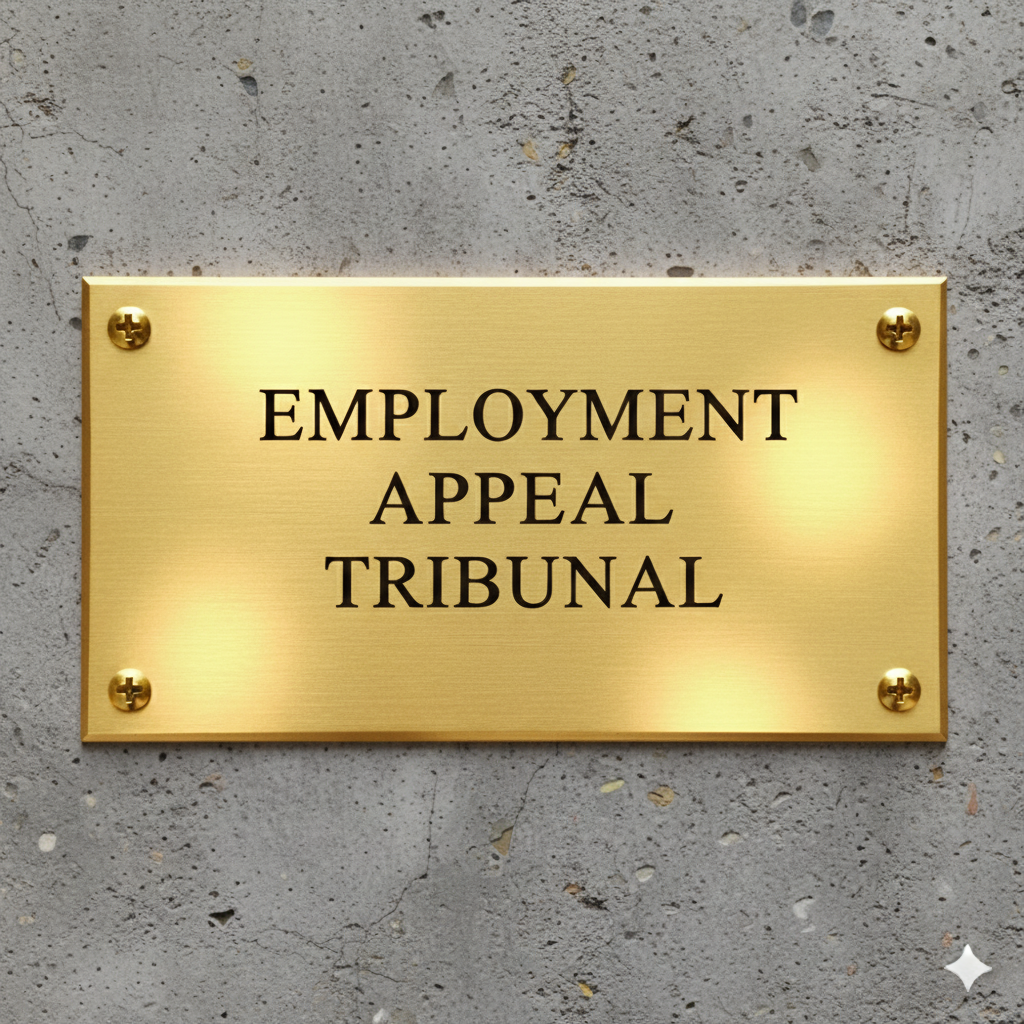Siemens Prevails in Costs Appeal After Tribunal Finds Unreasonable Conduct
The Employment Appeal Tribunal (EAT) has dismissed Mr. Huntley's appeal against a costs order, finding he acted unreasonably in continuing his claims against Siemens Healthcare Ltd.
• public
Siemens Wins Costs Battle in Employment Tribunal Appeal
In a recent decision, the Employment Appeal Tribunal (EAT) has sided with Siemens Healthcare Ltd, dismissing an appeal by Mr. W Huntley against a costs order. The initial Employment Tribunal had awarded Siemens £7,500 in costs after finding that Mr. Huntley acted unreasonably in pursuing certain claims following a part-heard hearing.
Background of the Case
Mr. Huntley, formerly employed by Siemens as a field service engineer, brought claims of disability discrimination, failure to make reasonable adjustments, victimisation, automatic unfair dismissal, and unfair dismissal. These claims were eventually dismissed by the Employment Tribunal. Following the dismissal, Siemens applied for costs, arguing that Mr. Huntley should have discontinued his claims after the initial part of the liability hearing in April 2022, given the tribunal's expressed concerns about the strength of his case. The Tribunal agreed and awarded costs for the subsequent November 2022 hearing dates.
Key Issues in the Appeal
Mr. Huntley raised several grounds of appeal, including challenges to the Tribunal’s reasoning, its approach to awarding costs, and its interpretation of the Employment Tribunal Rules of Procedure. A central argument was that the Tribunal erred in assessing the prospects of success of Mr. Huntley's claim at a point after the proceedings had commenced, rather than solely at the outset.
EAT's Decision: Appeal Dismissed
The EAT, presided over by Marcus Pilgerstorfer KC, Deputy Judge of the High Court, dismissed all grounds of appeal. The EAT held that it is permissible for a Tribunal to assess the prospects of success of a claim at a point later than the outset of proceedings when considering a costs application. The EAT emphasised that this approach encourages litigants to continuously review their cases and only pursue those with a reasonable chance of success.
The EAT also rejected the argument that the Tribunal failed to follow the correct two-stage approach in considering the costs application. It found that the Tribunal adequately considered whether the threshold for awarding costs had been met before exercising its discretion to make an order. The EAT further clarified that the Respondent's failure to apply for strike out earlier, was also properly considered by the Tribunal in their decision.
Implications for Employers and Employees
This decision reinforces the importance of carefully assessing the merits of a claim throughout its lifecycle. Litigants should be prepared to discontinue claims that no longer have a reasonable prospect of success, especially after receiving warnings from the Tribunal or opposing party. Failure to do so could result in an adverse costs order.
This case also serves as a reminder to employers to raise concerns over prospects of success and consider costs warnings to the other side. However, the EAT has made it clear that failure to make strike out applications is not necessarily fatal to later applications for costs.
Read the entire judgement here: Mr W Huntley v Siemens Healthcare Ltd [2025] EAT 152
